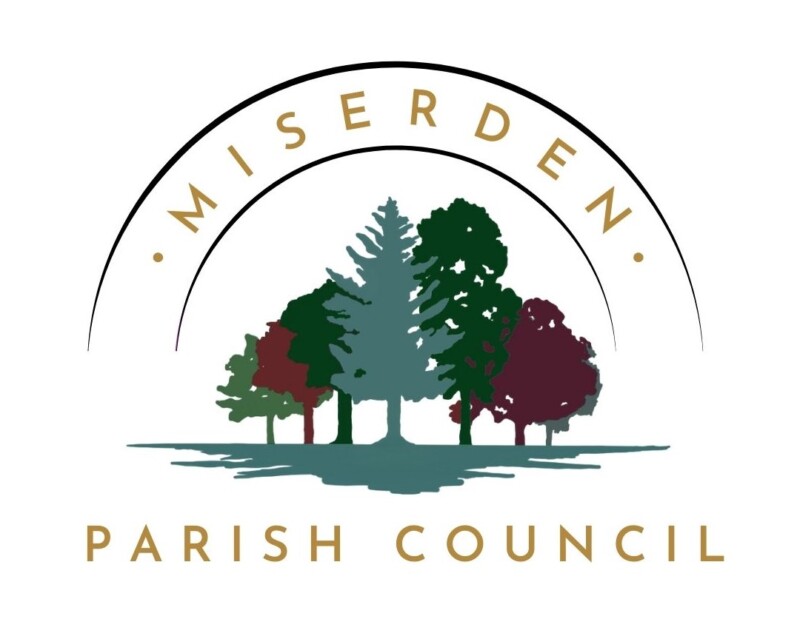
Miserden Parish Council has adopted the Information Commissioner‘s Model Publication Scheme and has published the following guide to information available under the scheme.
Model Publication Scheme (opens in a new window)
We aim to publish as much information as we can online. However, some items are only available in print. You should be aware that the Council is entitled to withhold certain information.
Follow this link for full details about the Freedom of Information Act.
You may contact the clerk to make a request for information. Requests must include the following information to be considered:
Your full name (as appears on your passport or driver’s license), your mailing address, and the information you require.
Please see the following table for charges associated with requests:
| Type of Charge | Basis for charge | Description |
| Disbursement cost | Photocopying/printing black & white 10p / sheet | actual cost* |
| Photocopying/printing colour 10p / sheet | actual cost* | |
| Postage (2nd class) | actual cost* | |
| Statutory fee | In accordance with the relevant legislation |
Fees may be paid by cash to the clerk in person, by cheque in person or via post, or by bank transfer (contact clerk for bank transfer details). Once the fees are paid, the documents will be sent to you via 2nd class post or you may collect them in person from the clerk.
NOTE: If fees are not paid within three calendar months from the date of request, the council is no longer obliged to provide the information requested.
Your request may be denied for one or more of the following reasons:
- It would cost too much or take too much staff time to deal with the request.
- The request is vexatious.
- The request repeats a previous request from the same person.
In addition, the Freedom of Information Act contains a number of exemptions that allow an organisation to withhold information from a requester. In some cases it will allow to an organisation refuse to confirm or deny whether they hold information.
Some exemptions relate to a particular type of information, for instance, information relating to government policy. Other exemptions are based on the harm that would arise or would be likely arise from disclosure, for example, if disclosure would be likely to prejudice a criminal investigation or prejudice someone’s commercial interests.
There is also an exemption for personal data if releasing it would be contrary to the UK General Data Protection Regulation (the UK GDPR) or the Data Protection Act 2018 (the DPA2018).
